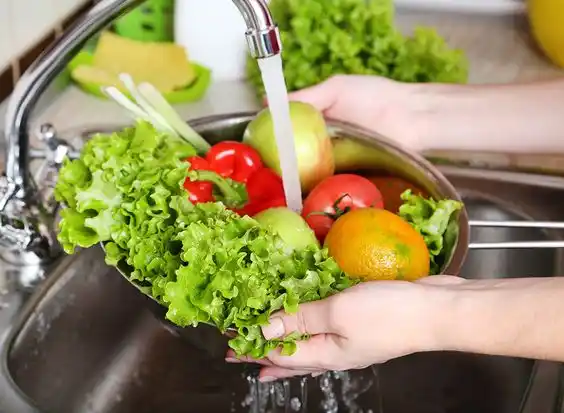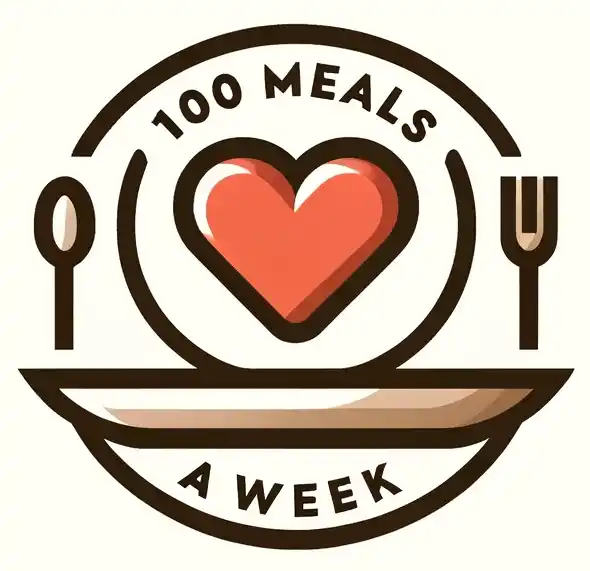Zeeshan and Karina Hayat’s Take on Food Safety in Meal Donations

Food donation is a powerful way to combat hunger and reduce waste, but it requires careful attention to ensure safety and respect for those in need. Whether you’re an individual or an organization, following these guidelines will help you provide food donations that are both safe and appreciated.
Verifying Freshness: The First Step to Safe Donations
The foundation of any food donation is the quality of the food itself. Before donating, it’s essential to verify the freshness of the items. Begin by checking the expiration dates on packaged goods. Items that are past their expiration date should not be donated, as they may pose health risks. For perishable goods, examine them closely for signs of spoilage, such as mold, unpleasant odours, or discoloration. A good rule of thumb is to ask yourself if you would eat the food you’re donating. If the answer is no, it’s not suitable for donation. Ensuring the food is fresh not only prevents food-borne illnesses but also respects the dignity of those receiving the donations by offering them food that is both safe and enjoyable.
Maintaining Proper Temperature: Crucial for Food Safety
Temperature control is a critical aspect of food safety. Perishable items need to be kept at safe temperatures throughout the storage and transportation process. Cold foods should be maintained at 40°F (4°C) or below, while hot foods need to be kept at 140°F (60°C) or above. This temperature control prevents the growth of harmful bacteria that can cause food-borne illnesses. Investing in quality thermal containers or refrigerated vehicles can significantly improve the safety of your food donations. Ensuring that food reaches its destination at the correct temperature is paramount to maintaining its safety and quality.
Packaging and Labelling Properly
Packaging plays a vital role in protecting food donations from contamination and damage. Use sturdy food-grade containers and packaging materials that are clean and designed to keep out contaminants. Ensure that liquids are sealed tightly to prevent leaks, and sharp objects like cans have no jagged edges that might puncture packaging. Clearly label packaged food with preparation and expiration dates. This transparency helps recipients assess food freshness and safety before consumption.
Ensuring Hygienic Handling: Preventing Contamination
Beyond freshness and temperature, hygienic handling practices are crucial to ensuring the safety of donated food. This includes using clean utensils and containers for food preparation and storage, minimizing contact with bare hands, and ensuring proper hand hygiene among volunteers and staff involved in handling the donations. These practices help prevent contamination and uphold the integrity of the donated food, ensuring it remains safe for consumption.
Promoting Sustainable Practices
1. Reduce Packaging Waste: Minimize packaging materials and opt for eco-friendly options to reduce environmental impact.
2. Educate and Raise Awareness: Raise awareness about food insecurity and the benefits of donating surplus food. Encourage others to participate in food donation initiatives to amplify impact.
3. Collaborate for Greater Impact: Partner with NGOs, businesses, community groups, restaurants, grocery stores and local government agencies to expand food donation efforts and address systemic issues contributing to food insecurity.
If you’re interested in supporting non-profits through donations of essential items, consider starting with 100 Meals a Week. Founded in 2006 by Zeeshan and Karina Hayat, 100 Meals a Week takes a holistic approach and eliminates logistical barriers for donors, ensuring effortless participation in our cause. Every donation, regardless of the item, is assured to benefit those in need directly.
Conclusion
By incorporating these additional considerations into your food donation efforts, you not only contribute to alleviating hunger but also uphold high standards of safety, respect, and inclusivity within your community. Each step taken towards safe and thoughtful food donations reinforces the impact of your generosity and support for those facing food insecurity.
What kind of food safety precautions are you taking when volunteering?
